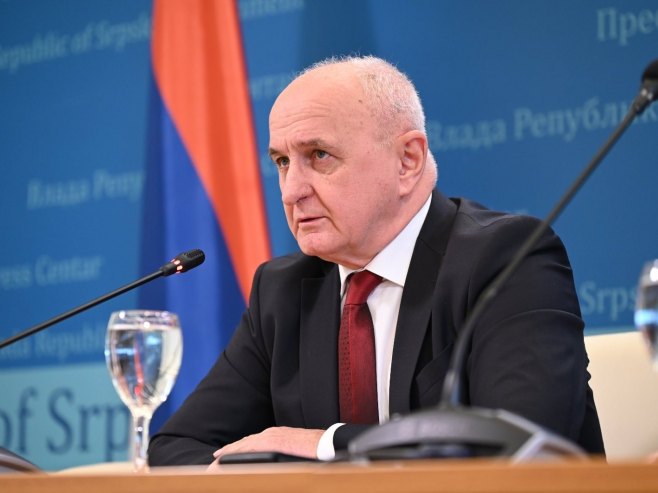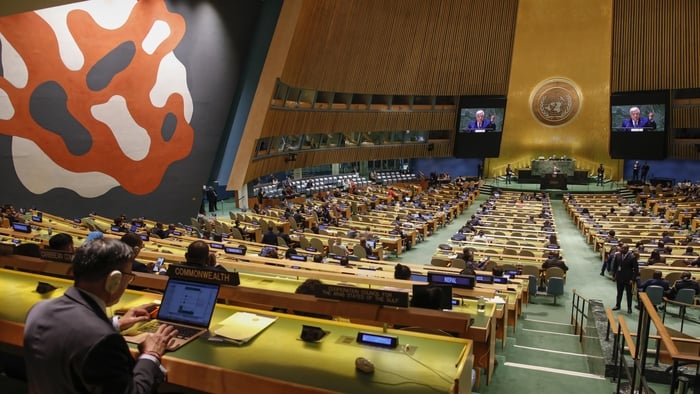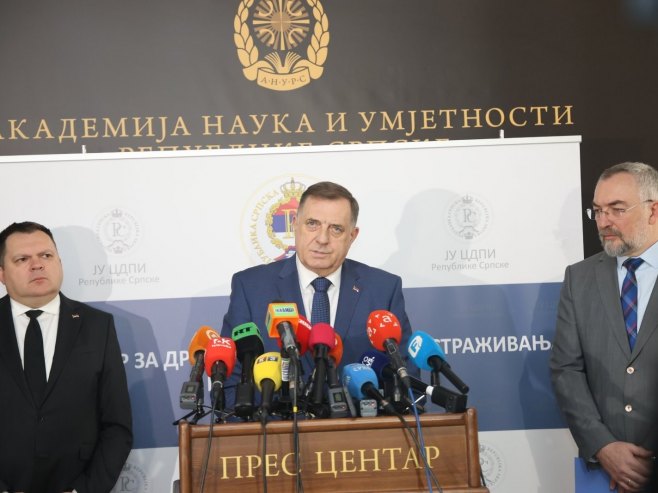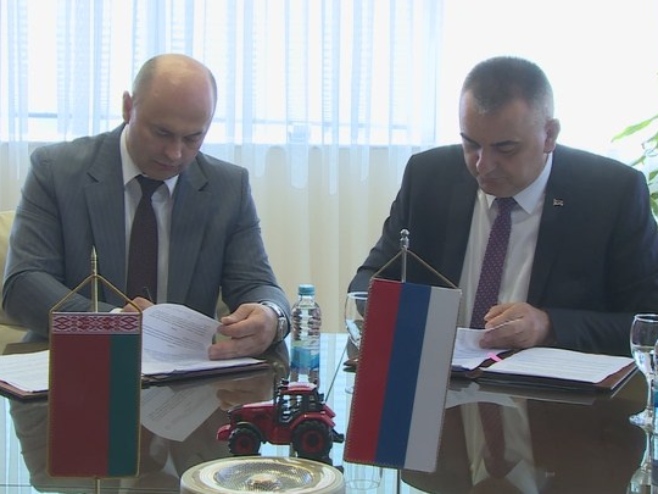It is still unknown when the resolution on Srebrenica will be brought before the UN General Assembly. Although there was speculation that it could be on the agenda as early as tomorrow, it will not be discussed until further notice.
The vote on the Srebrenica resolution has already been postponed twice. While the previous explanations cited the need for additional alignment of its content, the latest postponement raises the question of whether its proponents have the simple majority needed for its adoption or if they have miscalculated.
“The resolution has not yet been voted on, and when it will be, we do not know” – it seems that even the third time will not be lucky. Although there was speculation that “D-Day” was May 15, the date for the vote on the resolution is still unknown. Doubts that the proponents of this document find it difficult to secure even a simple majority are increasingly confirmed as accurate. The date now most frequently mentioned is May 22. On the same date, the Parliament of Srpska will also convene so that the highest legislative body can react timely to the outcome of the vote in New York.
- The session of the National Assembly of Republika Srpska is scheduled for May 22, when the vote on the resolution on Srebrenica might be expected. Regarding this, before this regular session, we could schedule another extraordinary or special session or react to it with a single agenda item – said the President of the National Assembly of Republika Srpska, Nenad Stevandić, recalling that the Government of Srpska sent the Conclusions of the International Commission for Investigating the Suffering of All Peoples in the Srebrenica Region from 1992-1995 to the Security Council.
This document contains irrefutable conclusions reached by an independent commission. The report states that the crime in Srebrenica in July 1995 followed the ethnic cleansing of Serbs from the region by the Muslim-Bosniak army, in which hundreds of Serb children, women, and elderly were tortured and killed. It also points out all the manipulations regarding the number of victims.
The President of the Serbia Assembly, Ana Brnabić, says it is shameful that the resolution on Srebrenica is even being considered. She views the third postponement of the vote on the resolution as a significant success for Serbia and its diplomacy.
- Putting a resolution on such a sensitive, humanly sensitive topic, seeking a majority vote, is truly shameful. But Serbia has shown that it will not give up – Brnabić said.
Debating this issue before the General Assembly violates the UN Charter, said Serbia’s Minister of Foreign Affairs, Marko Đurić. He stated that there are members of both the EU and NATO who will not support the resolution, which, according to Đurić, opens old wounds and does not lead to reconciliation in the region.
- We have stood up to strongly raise our voice against this. We will not allow the Serbian people and Serbia to bear the stigma and brand of being genocidal. This is absolutely unacceptable; this is a suffering people – Đurić emphasized.
Is there an awakening in the West about the events in Srebrenica and the entire BiH during the nineties? German historian Mark Stefan Peters wrote to Chancellor Olaf Scholz, calling for the resolution, of which Germany is a proponent, not to be adopted in the UN General Assembly, stating that the Serbs are not a genocidal people. Former UN High Representative in BiH, Carlo Bozzola, who served during the war period, claimed in a statement for Television M that the number of victims in Srebrenica in July 1995 is being manipulated.
- It cannot be genocide with 3,000 dead, of whom 2,000 were soldiers, and half of those civilians were armed – said Bozzola.
Bozzola said that the resolution would be catastrophic for the Bosniaks, as they are creating enemies for themselves, and the international community will turn its back on them.
The Serbian delegation will again travel to New York to defend the interests of the Serbian people and show the world “the other side of the coin.”
- I think many will certainly recognize what the President of Serbia, Aleksandar Vučić, will communicate, so the UN General Assembly will also be a kind of moral watershed for humanity – emphasizes political philosopher Dragoljub Kojčić.
Historian Čedomir Antić says that great powers are not here to calm this region and achieve a lasting goal.
- They are here to unsettle it, and the worst part is, they are not unsettling it for their direct betterment or profit but to regulate some mutual accounts in the world – Antić pointed out.
And precisely those “unresolved accounts” of the great powers could be a disruptive factor in the effort to pass the resolution and declare the Serb people genocidal, as the events in Gaza have shaken the unity of the collective West and significantly polarized the entire world. All this raises doubts about whether the question posed at the beginning of the article will ever be answered.
Source: RTRS









